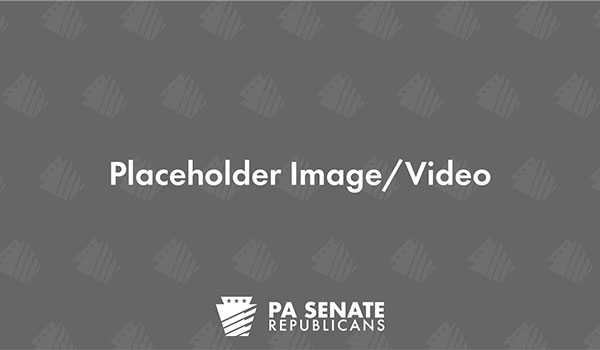Politically motivated attack piece won’t help Lancaster County students
A recent opinion editorial in LNP made several wildly false accusations about our policy positions pertaining to education. We welcome the opportunity to set the record straight. [Read More]



